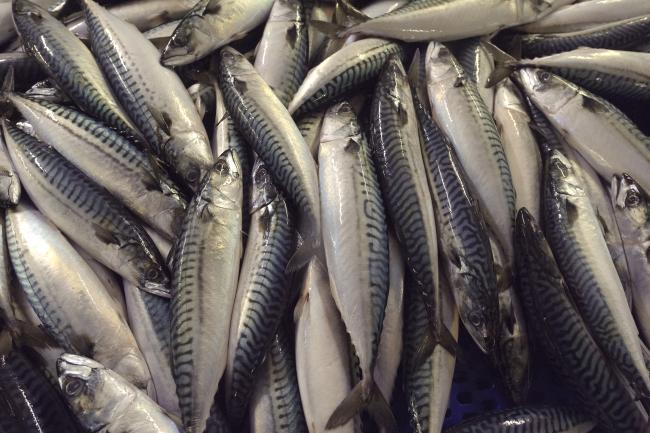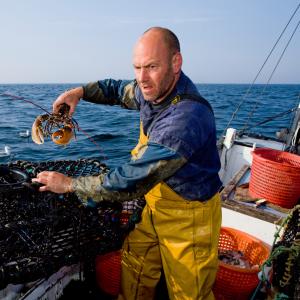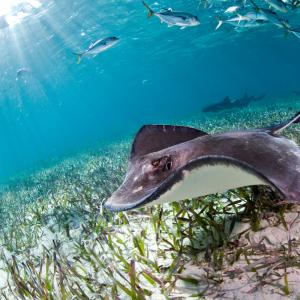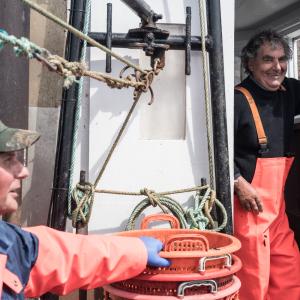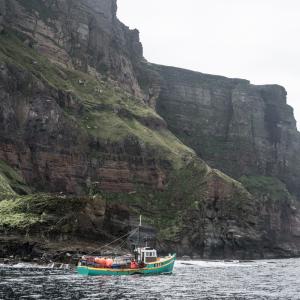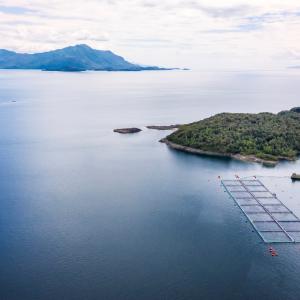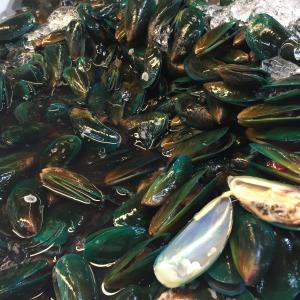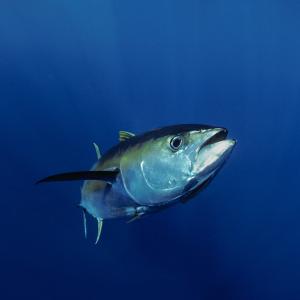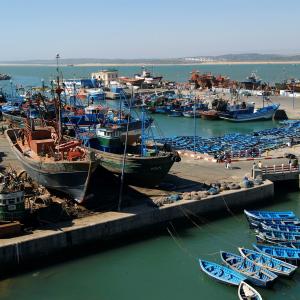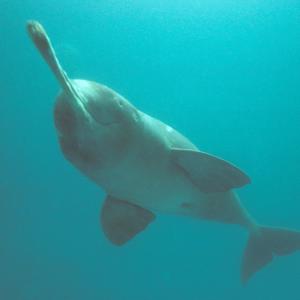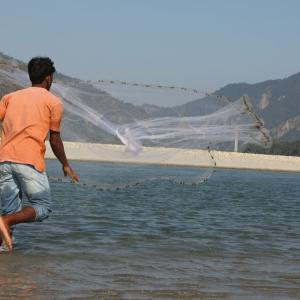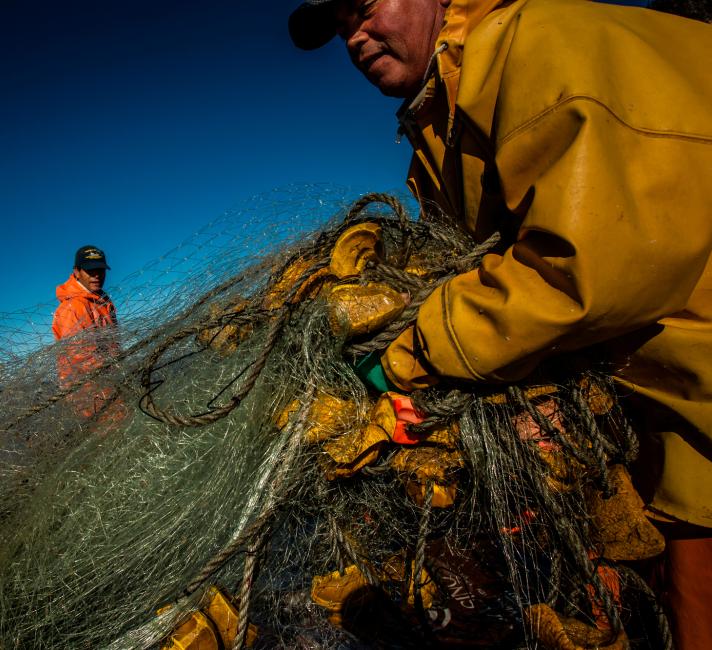
We’re working to create a better future for fishing and seafood
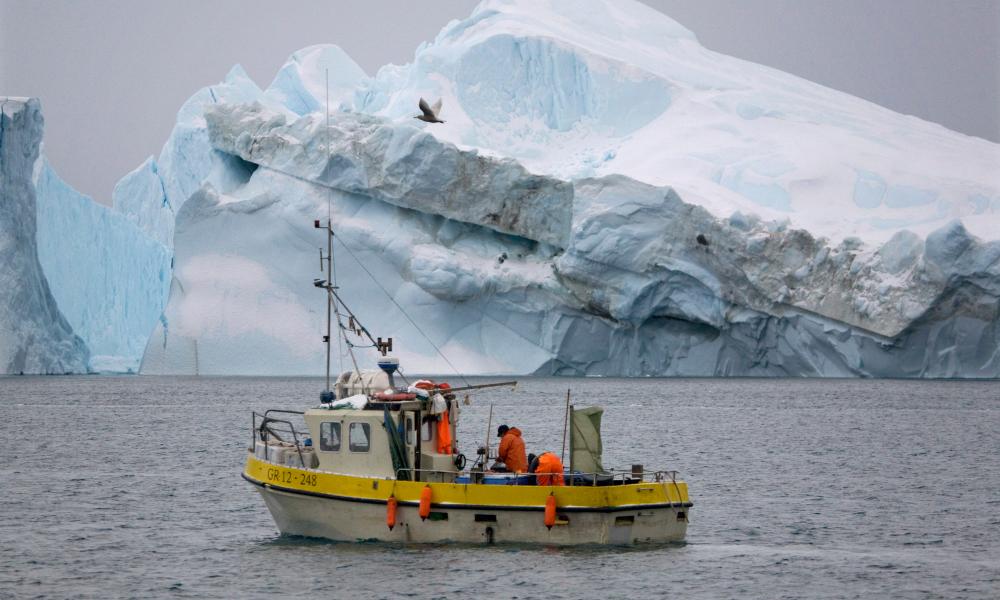
Fish and other seafood are potentially a great renewable resource. But they need to be carefully managed to make sure fish stocks aren’t over-exploited and seafood farms don’t pollute the environment.
In the UK alone we consume £5.7 billion worth of fish and seafood products every year, which we import from more than 85 countries.
Nearly a third of all monitored global fish stocks are overfished, and over 60% are fished to the maximum sustainable yield. Illegal and unregulated fishing is a huge problem too. And millions of non-target sea creatures (such as dolphins) are accidentally killed each year as ‘bycatch’ – caught unintentionally in fishing gear.
The decline of our sealife and ocean health isn’t just a problem for our oceans, it also affects those who rely on the sea for food or income. The impact isn’t just on fishing and coastal communities, there are wider implications for global food security too.
We’re at the forefront of promoting sustainable fishing practices and where available, encouraging everyone to buy certified sustainable seafood. Together we can make a big difference to the health and sustainability of wild fish stocks and seafood farms (aquaculture).
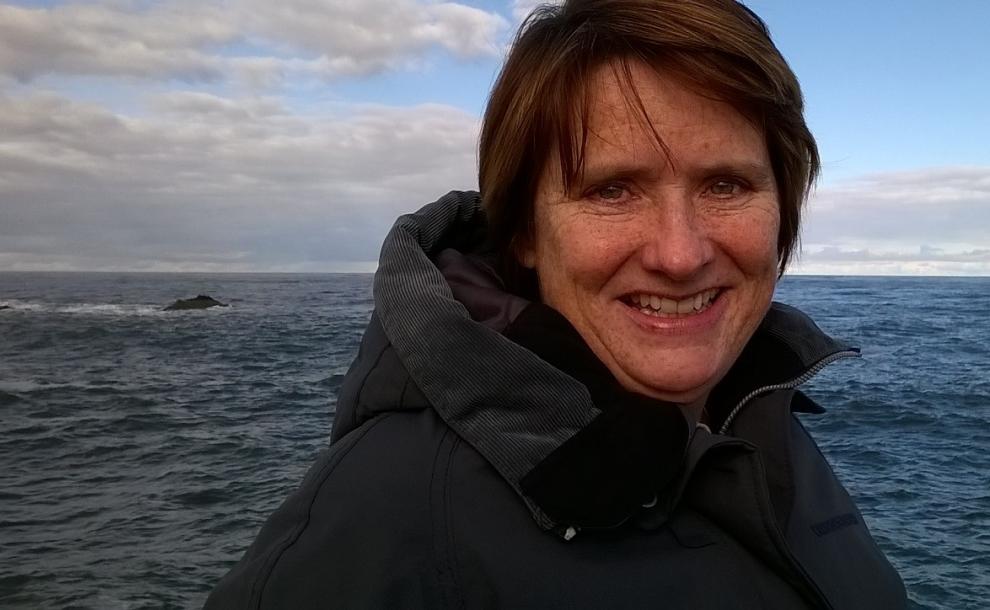
"Sustainable fisheries management is vital to the future health of our oceans and the communities and industries that rely on them as a food source or for a livelihood. The achievement of this lies at the heart of our fisheries work and we work with a range of stakeholders from different sectors and countries to find workable solutions"
Programme manager: fisheries, UK and EU advocacy
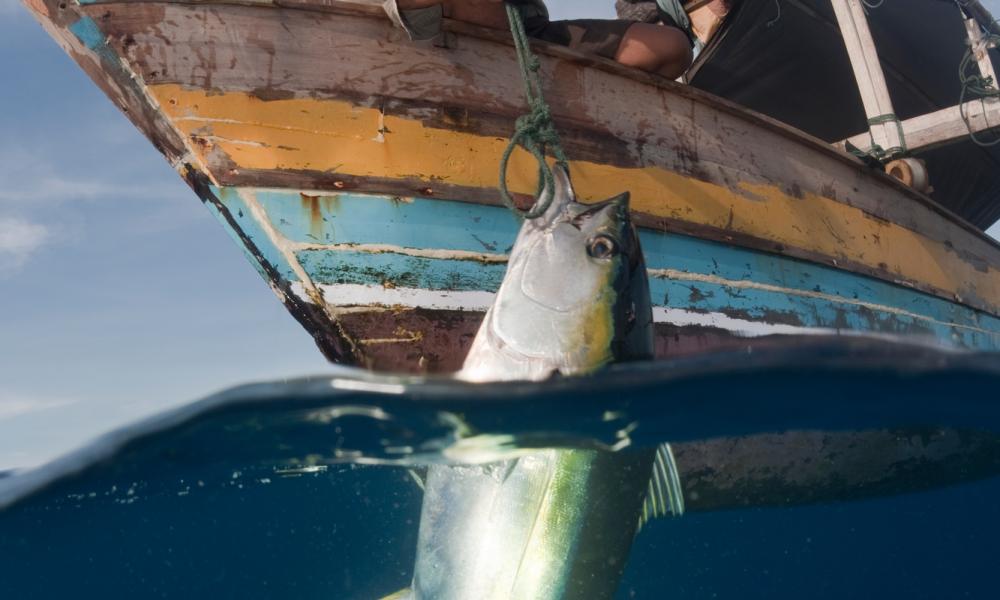
How we’re helping make fishing sustainable
How we’re helping make fishing sustainable
We’re promoting the use of innovative new technologies that can help the fishing industry monitor catches more effectively and minimise harmful bycatch and wasteful discards.
For example remote electronic monitoring – essentially installing CCTV cameras on fishing boats – is a cost-effective way of providing more information on and monitoring fishing at sea.
We’ve been working with the fishing and seafood industries to encourage and reward good practice and responsible behaviour. Our Fishery Improvement Projects are step-by-step approaches that make fishing and seafood production more responsible, traceable and sustainable.
We helped establish the Marine Stewardship Council (MSC) and Aquaculture Stewardship Council (ASC). Where available, look out for the MSC or ASC logos when you’re buying fish or other seafood products – that way you’ll know they were sourced with minimal environmental damage.
In East Africa, we're working with local, small-scale fisheries for octopus, lobster and shrimp to move them towards MSC standards, meaning they'll be more sustainable for the long term.
We are also working closely with the South West Indian Ocean Fisheries Commission to improve and agree the rules by which all foreign fleets will operate, as well as committing all Regional Fisheries Accord signatory counties to improved fisheries management and increased cooperation – this is vital for the effective management of oceans which have no obvious and clear borders, and which are open to all to access.
We also work with UK and EU authorities to ensure Europe leads the move towards sustainable and fair fisheries governance at home and at the international level. This will help marine ecosystems recover from overfishing helping oceans to play their beneficial role for climate, boost fish stocks on which so many people depend for food security and income, and make a key contribution to international ocean governance.
By choosing seafood from healthy, responsibly-managed sources, we can all help improve the sustainability of the fishing and seafood industries.

Better protection for UK seas
Following our 10 year campaign for new marine legislation we had a successful result with the adoption of the UK Marine and Coastal Access Act in 2009, followed by a Scottish Marine Act in 2010 and emerging legislation in Wales and Northern Ireland. Our focus now is to make sure these Acts are properly implemented, and to plan the use of our seas to minimise the growing pressures. We’ve seen some new ‘marine protected areas’ created already, though we need to have more. We also contributed to the ambitious reform of the European Common Fisheries Policy, revised in 2013.
